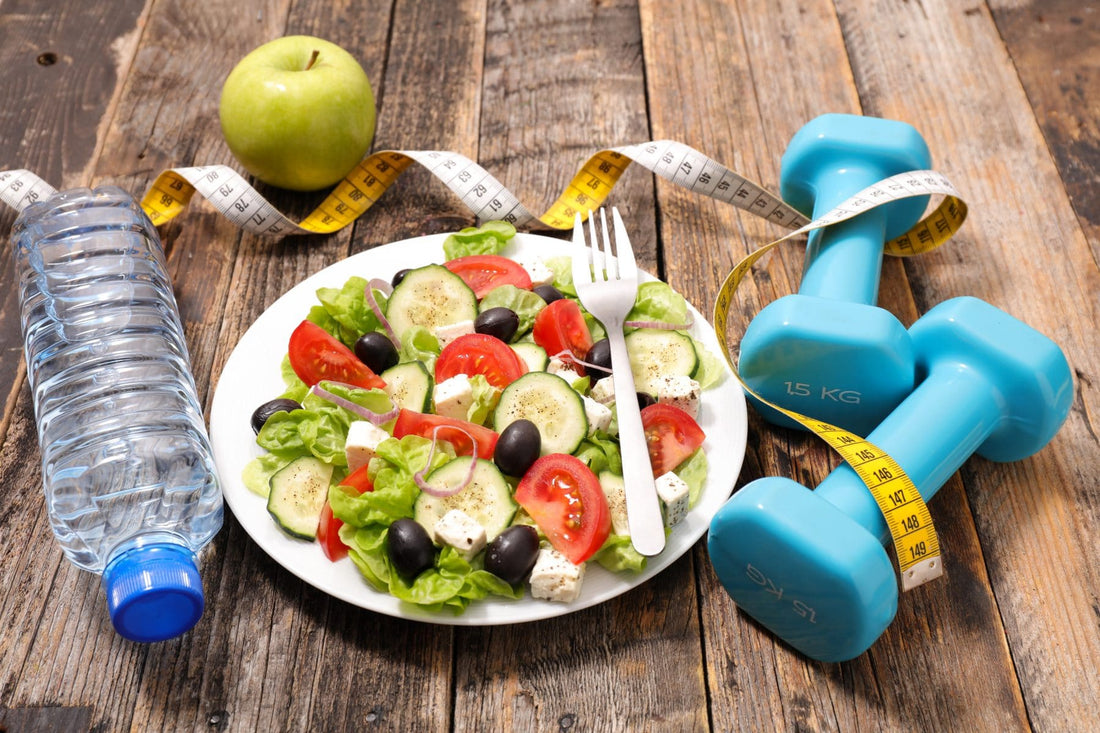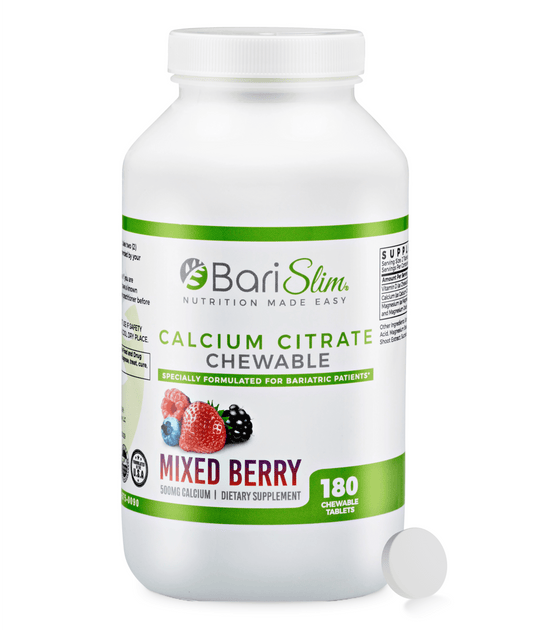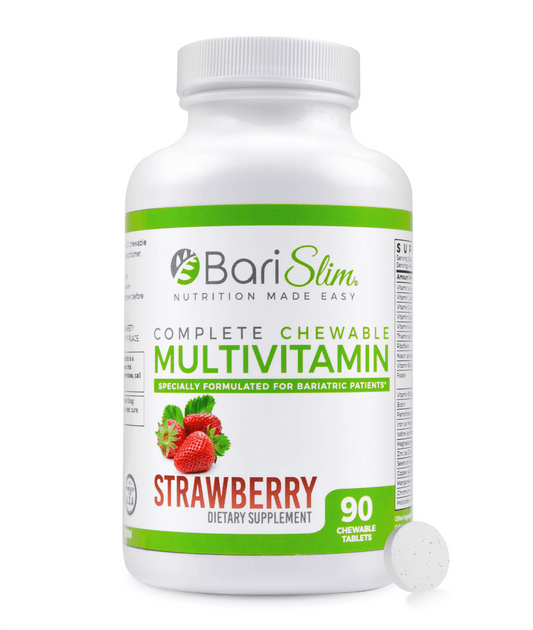Introduction
Bariatric surgery offers a solution for obese patients who haven’t been able to achieve success over multiple weight loss attempts in the past. The detrimental consequences of obesity extend to physical and emotional health, making bariatric surgery a life-changing, and sometimes saving, intervention. To prepare yourself for a safe, successful experience, a pre bariatric surgery diet will likely be needed.
Why Diet Before the Bariatric Procedure?
Dieting before having a bariatric procedure might seem to make little sense. Why require people who’ve proven that they can’t sustain weight loss to lose weight? The answer is two-fold.
Obese patients often have an enlarged liver, and the size can block access to the stomach. If surgeons can’t safely gain access to the stomach, the operation can be too dangerous to continue. Because the enlarged size is often due to the fatty deposits around and in the organ, losing weight can shrink the liver and make the surgery safer. Without weight loss and shrinkage of the liver, the surgeon may be forced to proceed with an open procedure rather than a laparoscopic one or cancel it altogether.
By losing about 5% of your total weight through a bariatric liquid diet or other diet before bariatric surgery, you can make sure that your procedure is safer, less painful, and requires less time for recovery. Studies demonstrate that a 10% loss increases safety even more.
Changing your perspective on nutrition and exercise before surgery also demonstrates a commitment to a paradigm shifting attitude about lifestyle. A few months before the procedure, you should begin the process of changing your nutritional habits, and the two-week liquid diet before bariatric surgery will help you reset your attitudes before the procedure occurs.
Don’t give in to the urge to go into the procedure with one final celebration under your belt, so to speak. You could find yourself either failing to meet weight or having your surgery cancelled mid-operation.
How to Diet Before the Procedure?
Rules for the bariatric pre op diet aren’t hard and fast. Most doctors will have a preference and put their patients in touch with a nutritionist and require educational classes.
One terrific option for a pre bariatric diet would be to begin with portion control and eliminating refined starches totally. Eliminate white breads, rice, chips, and potatoes from your diet. Since you’ll need to make these adjustments for a successful, comfortable bariatric procedure, this time can provide a great opportunity to begin your new life dedicated to mindful, nutritious eating. The struggle following the surgery will be less intense if you’ve adjusted your dietary attitudes already.
Your preop bariatric diet should be low in fat and carbs and high in protein. Depending on the amount you need to lose for a safe procedure, your caloric consumption will range between 800 and 1,200 calories per day. Focusing on eating lean protein will prevent muscle loss while you lose weight before the procedure and afterward when your weight loss begins in earnest.
The fluids that you consume should be non-alcoholic, non-caffeinated, non-carbonated, and without sugar. All liquids should be reserved for outside of mealtime and at least 30 minutes after the meal is done. With an appropriate amount of fluid intake, you’ll not have to worry about dehydration.
Mindful eating training should begin now. With education and counseling, if needed, you can learn to stop binge eating. Taking small, slow sips and thoroughly chewing food should become your new eating procedure. Thoughtfully consuming meals will be key to your transformation during the bariatric diet before surgery as well as following the procedure.
A bariatric full liquid diet or partial liquid diet will probably be prescribed in the last few weeks before the procedure. Protein or meal replacement drinks will likely be your mainstay at this point. You can also enjoy soups, broths, and vegetable juice.
Vitamins and supplements may be appropriate at this point. With the help of a nutritionist, you can determine if you’re gaining all the required nutrients through food and how much of which supplements you might need.
Remember to Add Exercise to the Equation
Sticking to a pre bariatric surgery diet plan shouldn’t be the only step you take to meet your goal of 5% weight loss. Every bit of movement will help, even short walks and spurts of exercise. At this point, the primary goal is to establish habits and respect for the necessity of daily exercise. A regular exercise program should follow your surgery. Beginning to make the commitment now will better prepare you for a successful weight loss experience.
Important Notes of Consideration
Generally, a 3-month pre bariatric surgery diet will be sufficient for patients to lose the needed amount of weight. Patients who fail to meet the goal weight will likely see their procedures postponed. Additionally, those with a BMI of 50 or more might need to lose far more than 5%. Your individual weight loss requirement, diet, and other factors should be personally prescribed by your medical team.
Smokers should absolutely quit as far away from surgery as possible. Smoking affects the safety of everything from anesthesia to circulation, so quitting will promote safety during and after the procedure. You’ll recover faster and be in better shape to begin exercising.
The changes you make before your bariatric procedure will increase the likelihood of successful weight loss and the safety of the procedure. If you’ve decided to take the step and intervene in the obesity that’s wrecking your life, maximize your chances of success by following the guidance of your doctor and nutritionist.
Bariatric surgery isn’t a snap your finger solution. It is a medical intervention, and it does require effort on the part of patients. A pre op diet for bariatric surgery is an essential part of the process. Ridding your body of as many fatty deposits as possible will clear the way for your surgeon, lessen your recovery time, and set you on the path to a successful bariatric journey. Recover your health and build your confidence with a successful bariatric intervention.
Read More: What Foods Can You Never Eat After Gastric Sleeve (List)



 Order Free Sample
Order Free Sample





